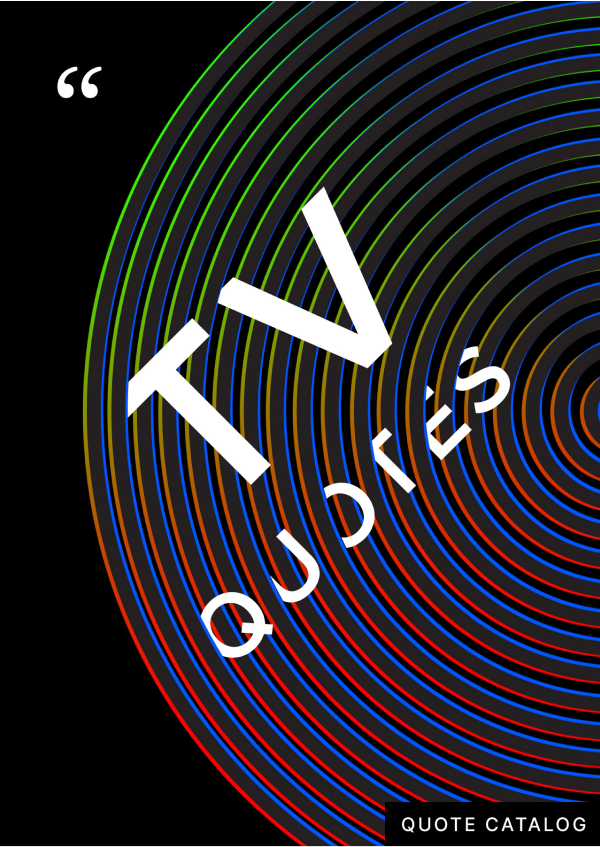“As the experiment was designed, the groups consisted of 'liberal' and 'conservative' members — the former from Boulder, the latter from Colorado Springs. It is widely known that Boulder tends to be liberal and that Colorado Springs tends to be conservative. The groups were screened to ensure that their members conformed to these stereotypes. In the parlance of election years, there were five 'blue state' groups and five 'red state' groups— five groups whose members initially tended toward liberal positions on the three issues, and five whose members tended toward conservative positions on those issues. People were asked to state their opinions anonymously both before and after fifteen minutes of group discussion, and also to try to reach a public verdict before the final anonymous statement. What was the effect of discussion?
In almost every group, members ended up with more extreme positions after they spoke with one another. Discussion made civil unions more popular among liberals; discussion made civil unions less popular among conservatives. Liberals favored an international treaty to control global warming before discussion; they favored it more strongly after discussion. Conservatives were neutral on that treaty before discussion; they strongly opposed it after discussion. Mildly favorable toward affirmative action before discussion, liberals became strongly favorable toward affirmative action after discussion. Firmly negative about affirmative action before discussion, conservatives became even more negative about affirmative action after discussion. Aside from increasing extremism, the experiment also had an independent effect: it made both liberal groups and conservative groups significantly more homogeneous— and thus squelched diversity. Before members started to talk, many groups displayed a fair bit of internal disagreement. The disagreements were reduced as a result of a mere fifteen-minute discussion. Even in their anonymous statements, group members showed far more consensus after discussion than before. It follows that discussion helped to widen the rift between liberals and conservatives on all three issues. Before discussion, some liberal groups were, on some issues, fairly close to some conservative groups. The result of discussion was to divide them far more sharply.”
About the author
This page was created by our editorial team. Each page is manually curated, researched, collected, and issued by our staff writers. Quotes contained on this page have been double checked for their citations, their accuracy and the impact it will have on our readers.
Kelly Peacock is an accomplished poet and social media expert based in Brooklyn, New York. Kelly has a Bachelor's degree in creative writing from Farieligh Dickinson University and has contributed to many literary and cultural publications. Kelly assists on a wide variety of quote inputting and social media functions for Quote Catalog. Visit her personal website here.
Kendra Syrdal is a writer, editor, partner, and senior publisher for The Thought & Expression Company. Over the last few years she has been personally responsible for writing, editing, and producing over 30+ million pageviews on Thought Catalog.







